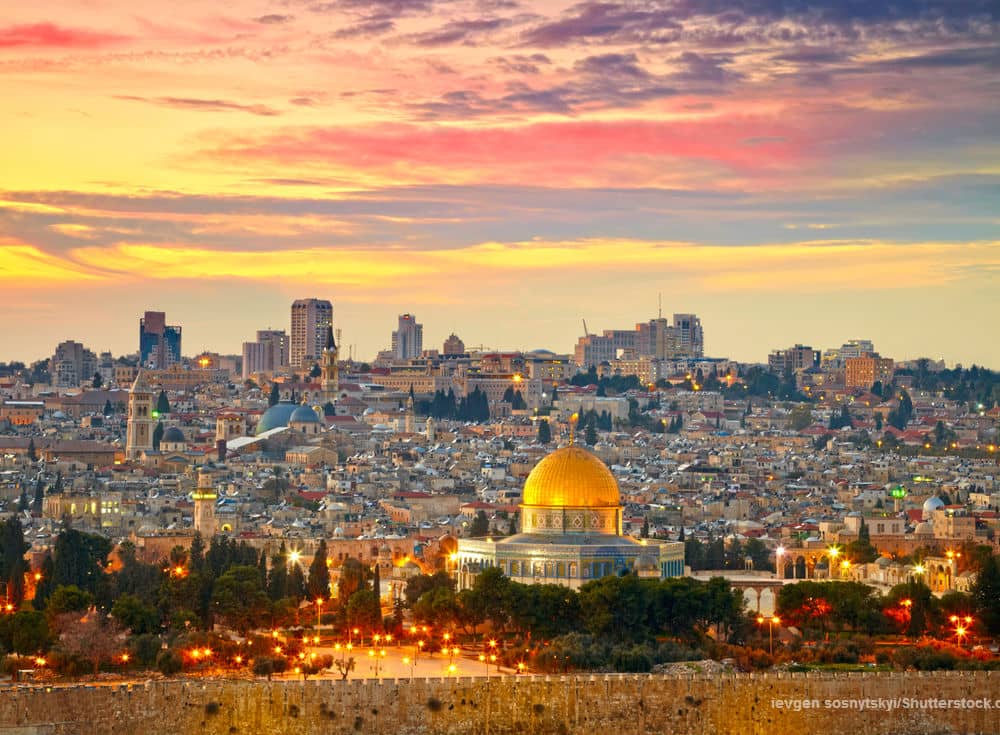2024-05-06
2024-05-06
More from beliefnet and our partners

